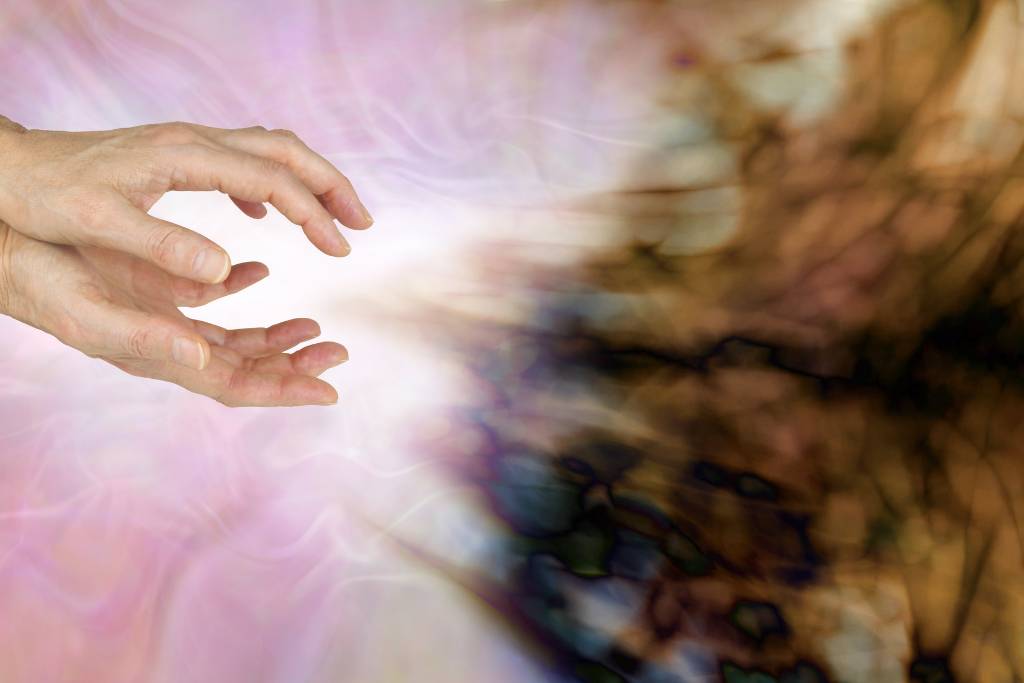Have you ever been driving in your car, humming a tune, and then all of the sudden you feel a wave of sadness wash over you? Or maybe you’re at home, peacefully scrolling through Instagram when out of nowhere that heaviness takes hold.
You have no idea what triggered it—maybe there was nothing specific that happened—but for some reason, you can’t shake the feeling that something is wrong.
Chances are, you’re experiencing something called “sadness without an obvious cause.” aka unexplained or irrational sadness. And unfortunately, it’s more common than you might think.
Unexplained or irrational sadness is more common than you might think. Approximately 1 in 5 people will experience it at some point in their lives.
But why am I feeling sad for no reason?
Well, there are a number of things that can contribute, both externally and internally.
First, let’s look at some of the external factors:
- Lack of sleep: This one is pretty self-explanatory. When you don’t get enough rest, your body and mind are both depleted, which can lead to feelings of sadness or irritability.
- Poor nutrition: What you eat (or don’t eat) can also affect your mood. Processed foods, sugary drinks, and excessive alcohol can all contribute to feelings of sadness.
- Weather: Believe it or not, the weather can also play a role in your emotional state. Seasonal affective disorder (SAD) is a type of depression that’s directly linked to the changing seasons. SAD is more common in the winter months when there is less natural sunlight.
- Social media: It’s no secret that social media can be a breeding ground for comparison and envy. Constantly seeing other people’s “perfect” lives can make you feel like something is wrong with your own life, even if you have no reason to feel that way.
Now, let’s look at some of the internal factors:
- Hormones: Changes in hormone levels can also affect your mood. This is particularly true for women who are more susceptible to hormonal fluctuations due to menstruation, pregnancy, and menopause.
- Genetics: If you have a family history of depression, you may be more likely to experience it yourself. This is due to both genetic and environmental factors.
- Brain chemistry: Imbalances in certain chemicals in the brain (such as serotonin) have been linked to feelings of sadness and anxiety.
- Stress: It’s no secret that stress can take a toll on your mental health. Whether it’s work-related stress, family stress, or financial stress, too much of it can lead to feelings of sadness, irritability, and anxiety.
What can you do if you’re struggling with unexplained or irrational sadness?
First, it’s important to understand that there is no magic cure. However, there are things that you can do to help ease the symptoms and improve your overall well-being.
– Get moving: Exercise releases endorphins, which have mood-boosting effects. Even a moderate amount of exercise can help to alleviate feelings of sadness.
– Connect with others: Spending time with friends and loved ones can help to chase away the blues. Whether you stay in or go out, social interaction can be a valuable tool in managing feelings of sadness.
– Find a creative outlet: Doing something creative can help to take your mind off of negative thoughts and improve your mood. It can be anything from painting to writing to playing an instrument.
– Seek professional help: If you’re struggling to manage your symptoms on your own, don’t hesitate to seek professional help. A therapist can help you identify the root cause of your sadness and develop a plan to address it.
– Join a support group: There are often groups available to help people who are struggling with sadness. This can be a great way to meet new people and share your experiences.
– Read self-help books: Learning more about your condition can be empowering. It can also give you some tools to help you manage your symptoms.
No matter what you’re going through, know that you’re not alone. Millions of people around the world struggle with sadness, and there is help available. With the right support, you can get through this tough time and come out stronger on the other side.
While feelings of sadness are a normal part of life, they can sometimes be indicative of a more serious problem. If you find that your sadness is interfering with your ability to function on a day-to-day basis, it’s important to seek professional help.
A therapist can help you identify the root cause of your sadness and develop a plan to address it. With the right support, you can get through this tough time and come out stronger on the other side.
| You May Also Like |







